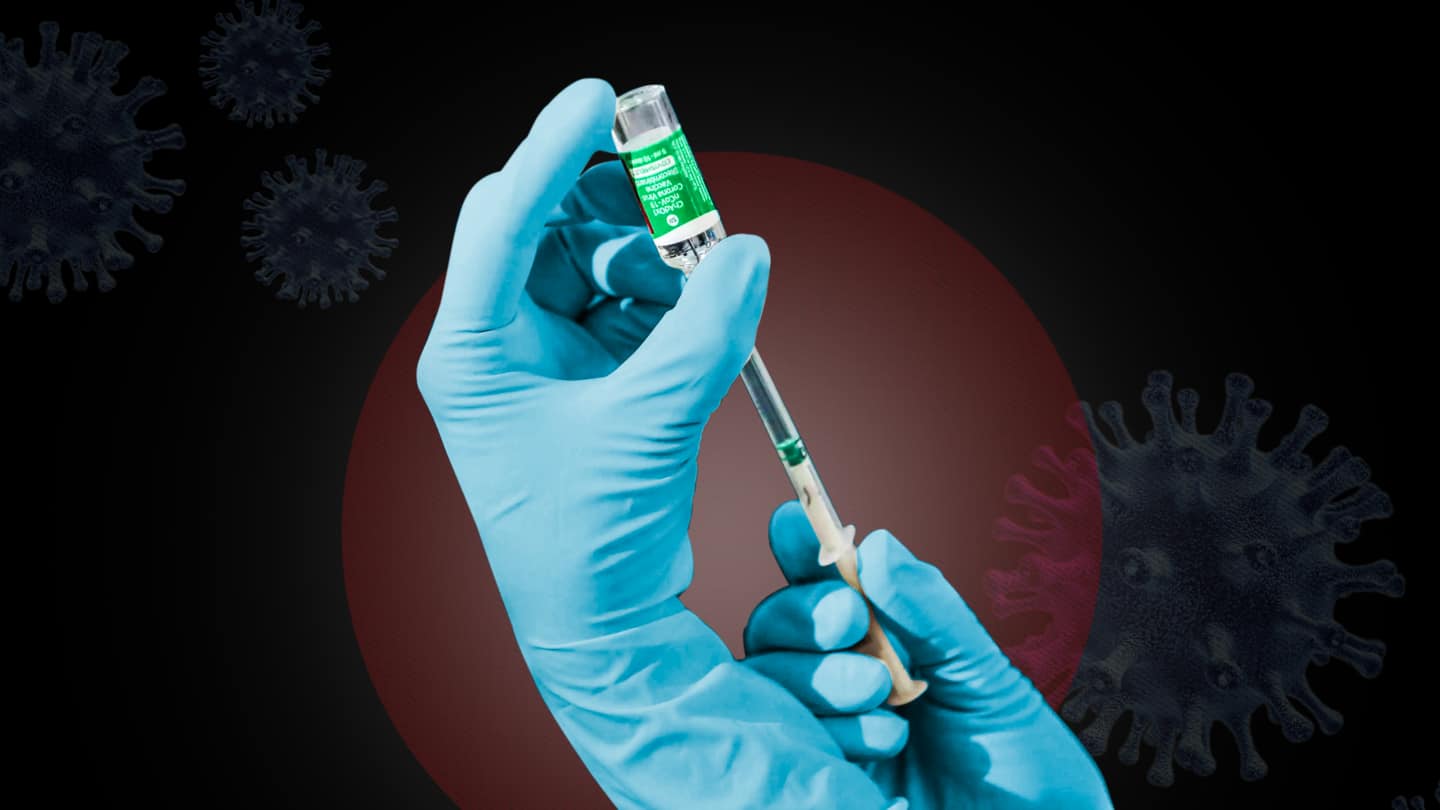
COVID-19 vaccine booster: Are they really required? Expert answers
What's the story
With the emergence of new coronavirus variants and talk of waning immunity of COVID-19 vaccines, discussions have been on about whether booster doses are required for the general public.
Several arguments have been presented both in favor and against a third vaccine dose for two-dose vaccines.
Here's what Dr. Katherine O'Brien—World Health Organization Director of the Department of Immunization, Vaccines, and Biologicals—had to say.
Details
'No strong evidence suggesting need for third dose'
Dr. O'Brien said that the question of a booster dose could come up when you consider the fading immunity of vaccines over time and reduced protection offered against different variants of concern, such as the Delta variant.
However, Dr. O'Brien said that there is no strong evidence suggesting that a third dose is required in either scenario, adding, "The vaccines are performing very well."
Information
'Vaccines holding up extremely well...'
Even on the subject of the efficacy of COVID-19 vaccines against different variants, Dr. O'Brien said, "The vaccines that we have right now against the variants—and we're watching this very carefully—are holding up extremely well against the severe end of the disease spectrum."
Immunocompromised
Booster shots 'may be necessary' for immunocompromised
According to Dr. O'Brien, a booster dose "may be necessary" for people who are immunocompromised, such as, people with cardiovascular diseases, diabetes, cancer, etc.
Immunocompromised people do not adequately respond to the first two doses compared to healthy people, Dr. O'Brien said, which suggests that they may need to receive a third dose to achieve the level of a "primary response."
Quote
Vaccine-induced immune response varies in immunocompromised persons
Dr. O'Brien said, "Right now, we do have some evidence that there is a small proportion of people, those people who have serious immunocompromised conditions, that doesn't seem to respond to the first two doses in the way that people who do not have an immunocompromised condition do."
"They need a third dose, but that is really for their primary response," she said.
Considerations
'Third dose needs to be monitored for safety issues'
Other things to consider, Dr. O'Brien said, are that while a third dose does boost immunity, it is not needed for the general public.
She further said, "Giving the third dose needs to be monitored for safety issues, and we would like to see a safety database before we would make any such recommendation. That evidence is also building, but we're not there yet."
Inequity
Dr. O'Brien expresses concern over vaccine inequity
Separately, Dr. O'Brien highlighted the issue of vaccine inequity, noting that low-income and low-middle income countries have managed to vaccinate just "1%, 2%, or 5% of the population," while high-income countries are discussing booster doses.
"Nobody is safe until we have all had the opportunity to be vaccinated," she said, shifting focus on those who are "not yet protected at all by vaccines."
Information
'Other measures that reduce transmission should continue being followed'
While calling for the focus on vaccines to be shifted to lower-income countries, Dr. O'Brien said that other measures that reduce transmission—including face masks, frequent hand-washing, physical distancing, etc.—should continue to be followed. She said, "That's what's going to end this pandemic."